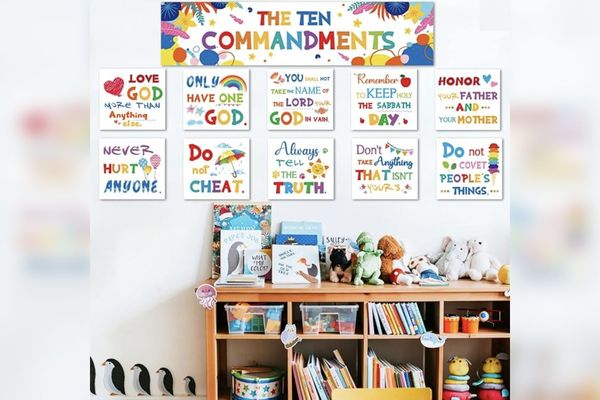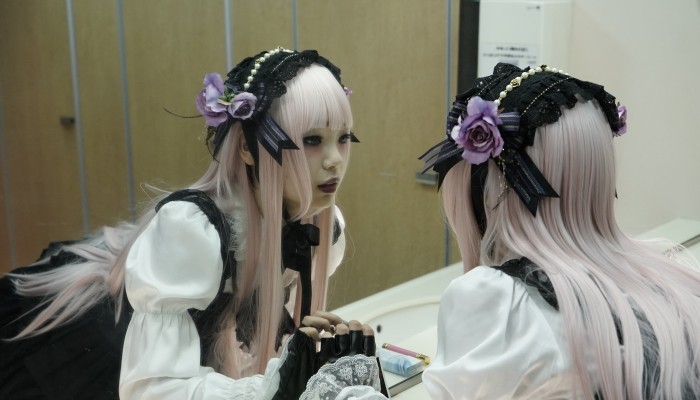
In a career that has spanned more than three decades, Yukihiko Tsutsumi has churned out more than 70 films, TV shows and documentaries, including such popular features as 20th Century Boys (2008-09), the futuristic film trilogy based on a popular manga, and Initiative Love (2015), a gimmicky romantic comedy.
While many of his efforts were commercial films made with sizeable budgets and bankable stars, the prolific Japanese director, now in his 60s, says he is taking a different path with his latest projects, tackling social issues and sending a message in the process.
“What kind of world do we have to face in the future? That’s a question I think about every day,” Tsutsumi tells the Post via an interpreter at the recent Hong Kong International Film Festival, at which his new film, 12 Suicidal Teens, received its Hong Kong premiere.
In the film, the filmmaker takes aim at a problem that has long plagued the Japanese society: youth suicide, which reached a 30-year high in fiscal 2017, with more than 250 children taking their own lives.
The government survey offers no clear reason for the alarming phenomenon, but Tsutsumi’s film, based on a book by the novelist and screenwriter Tow Ubukata, points the finger squarely at the adults and society.
The story begins with 12 teenagers who, one by one, arrive at an eerie abandoned hospital to take part in a suicide pact that they have signed up for online. Before they could proceed, however, they find the body of a 13th person, prompting speculation of a murderer in their midst and sending them on an investigation to unravel the mystery.
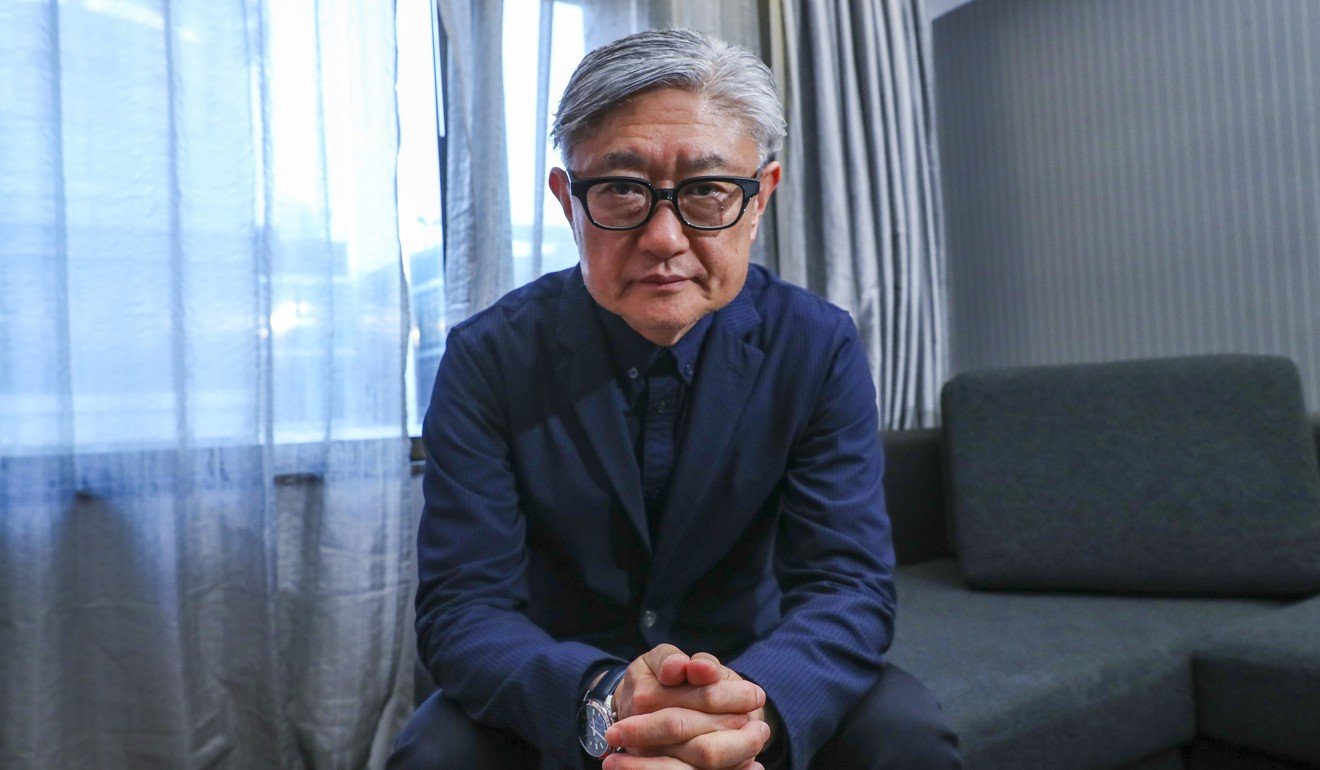
12 Suicidal Teens mostly brushes over the reasons behind their despair: irresponsible parents, bullying led by the teacher and sexual disease transmitted by an older man that forced himself on her, to name a few. Some are understandable, others are less justified, but the real culprit is obvious.
Despite their apparent misery, there is another aspect of the story which Tsutsumi appreciates. “In this film, young people are willing to express their opinions and emotions,” which as he observes, is a rare quality among the young generation in Japan, where people tend to keep to themselves.
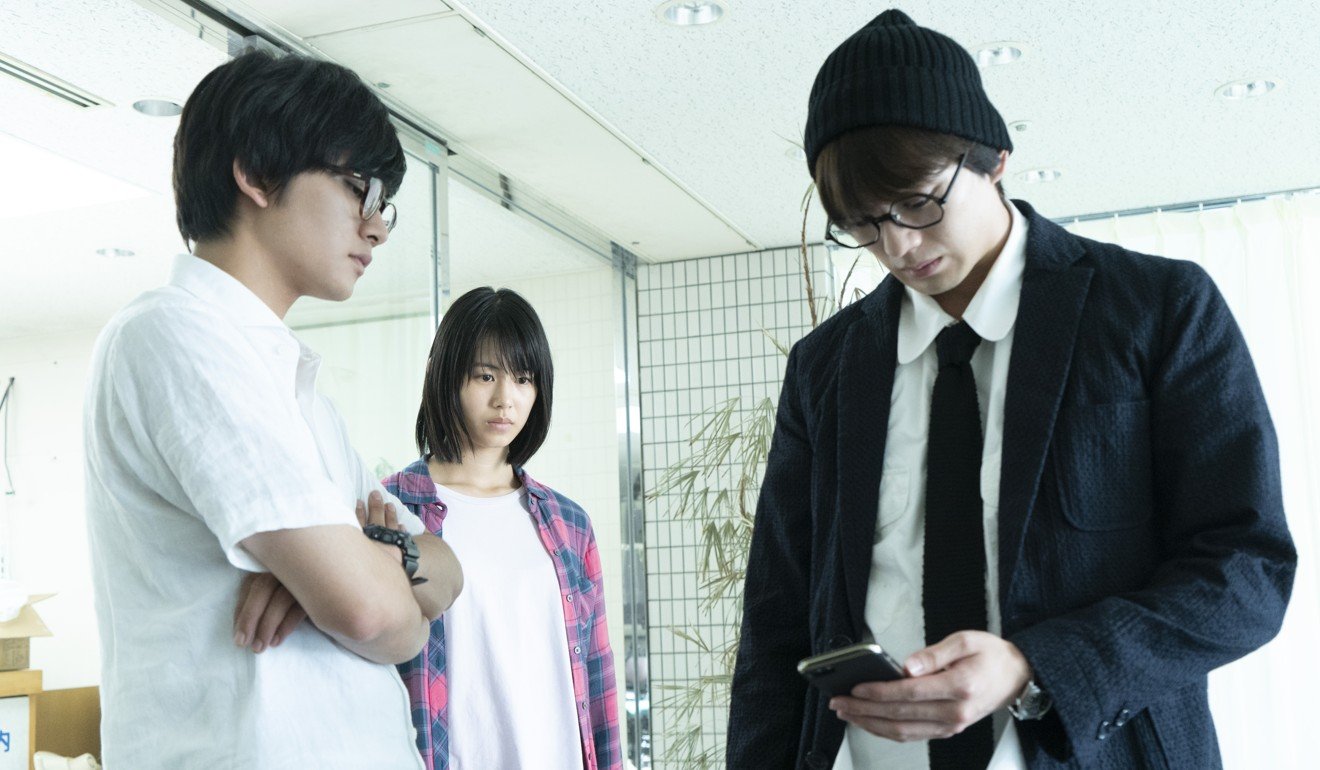
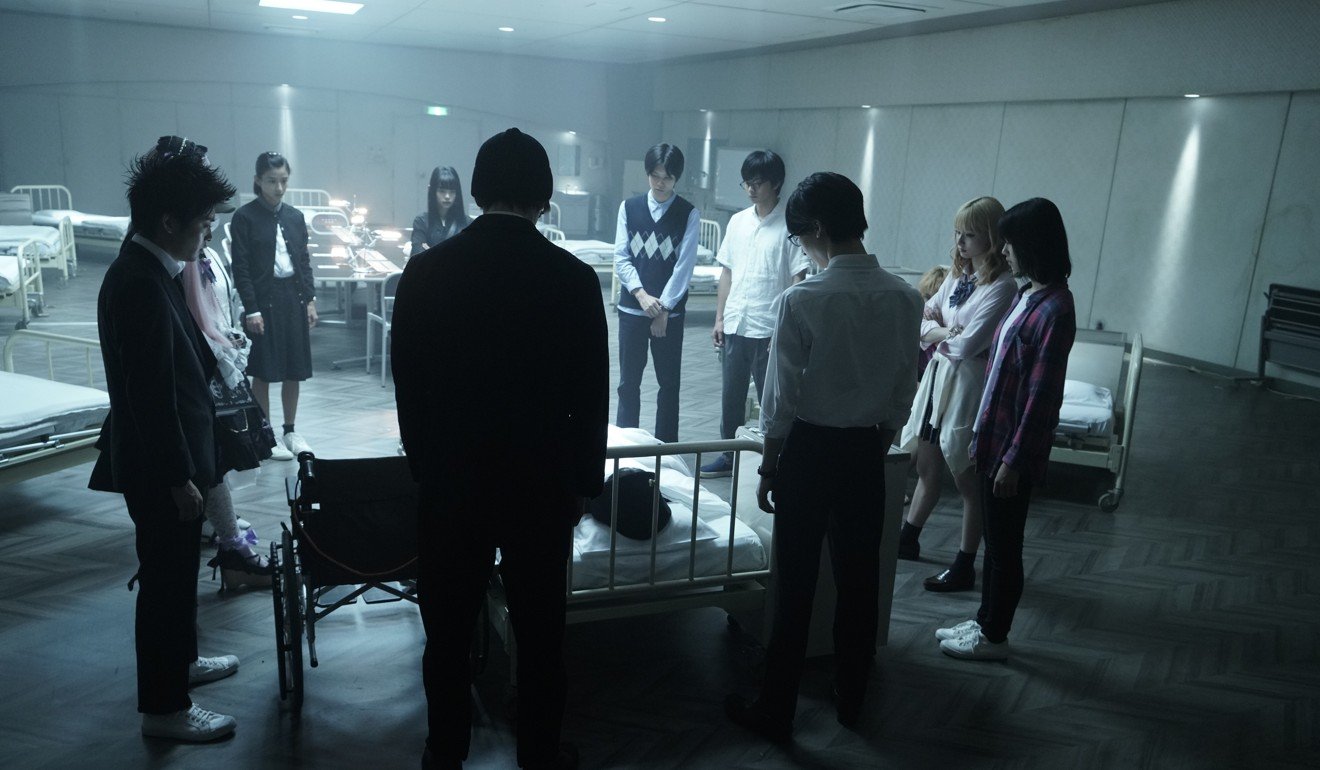
While the narrative of the whodunit bears a passing resemblance to the classic 12 Angry Men (1957) and its Japanese parody, The Gentle Twelve (1991), the director says he has not used those films as a reference.
Instead, 12 Suicidal Teens is part of his continuous experiment on films that take place in a close setting, relying not on a change of scenery, but strong emotions and powerful acting to keep the audience intrigued.
Tsutsumi’s previous efforts include the mediocre Chinese Dinner (2001), where two gangsters sit down for a meal, and 2LDK (2003), a film about two feuding actresses sharing a flat which received rave reviews as an offbeat comedy for its originality.
Having refined his style – or more accurately, gained a solid grasp of the formula for success – over the next two decades, Tsutsumi’s latest attempt is better calculated. Plot twists and surprises are scattered throughout the film, fuelling the story with suspense and tension.
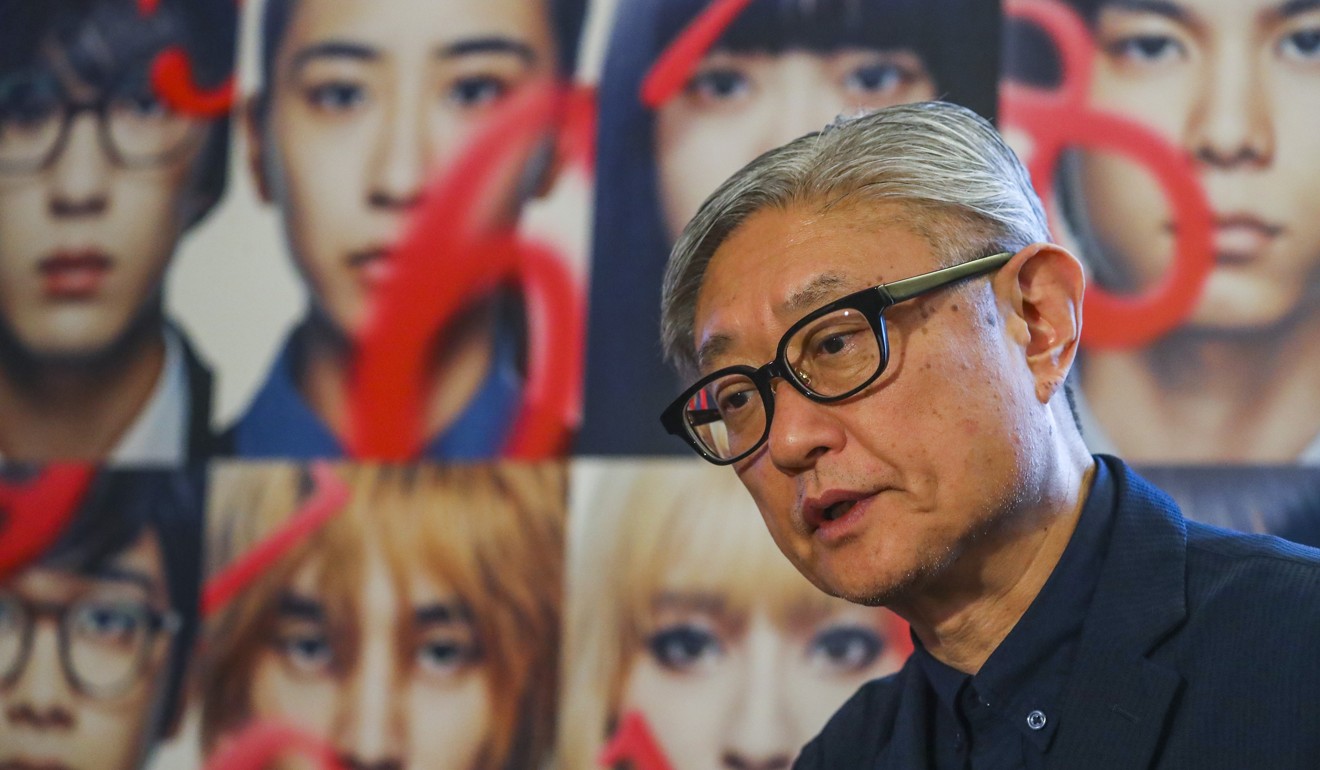
“You can’t just shoot what you want to shoot. The films need to have commercial elements,” says Tsutsumi, admitting that a film’s entertainment value often comes at the expense of its message. “But that isn’t always true, either. When everything is done right, the film can still bring out a message.”
Want more articles like this? Follow SCMP Film on Facebook



